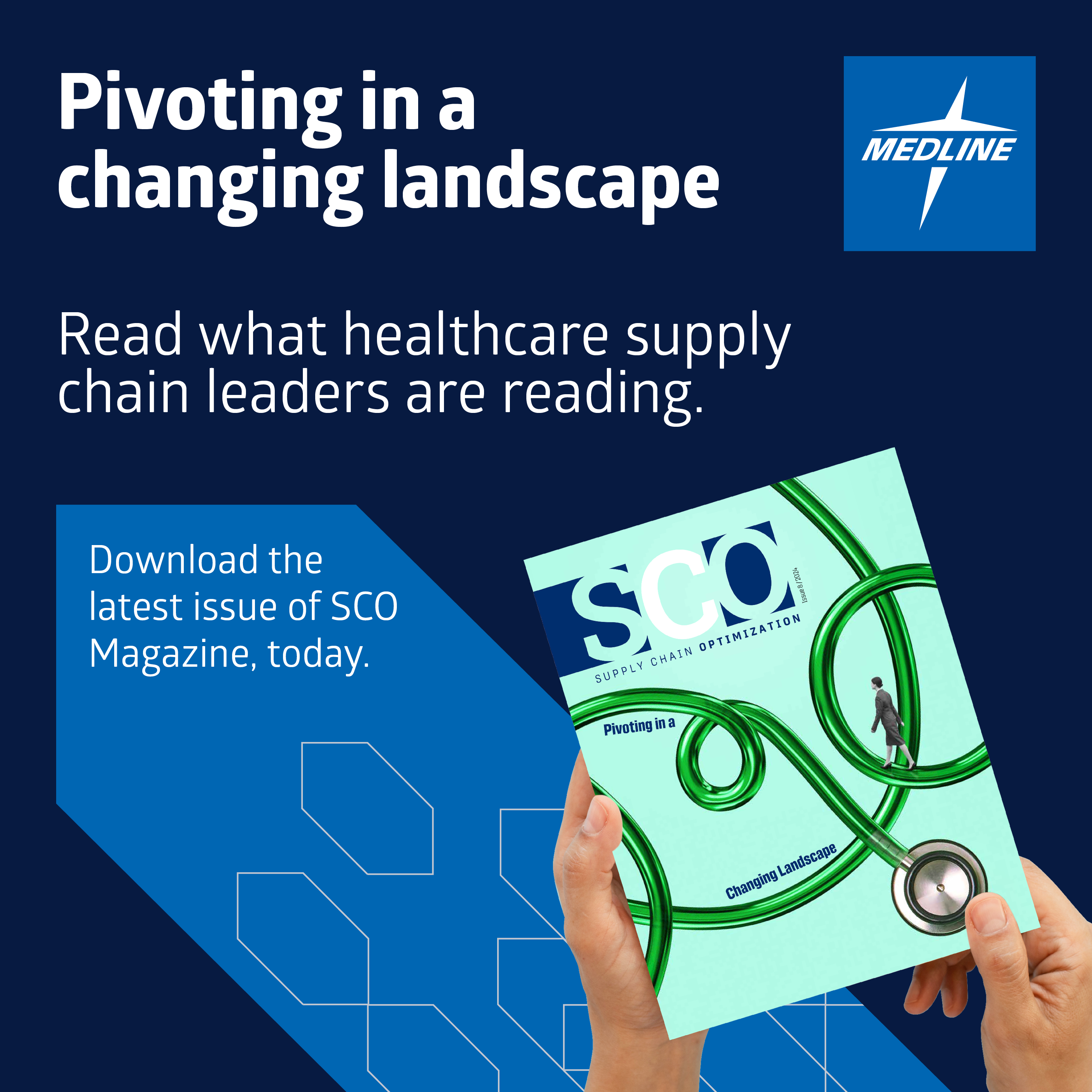How an IDN Generated $2 Million in Savings in Just One Week
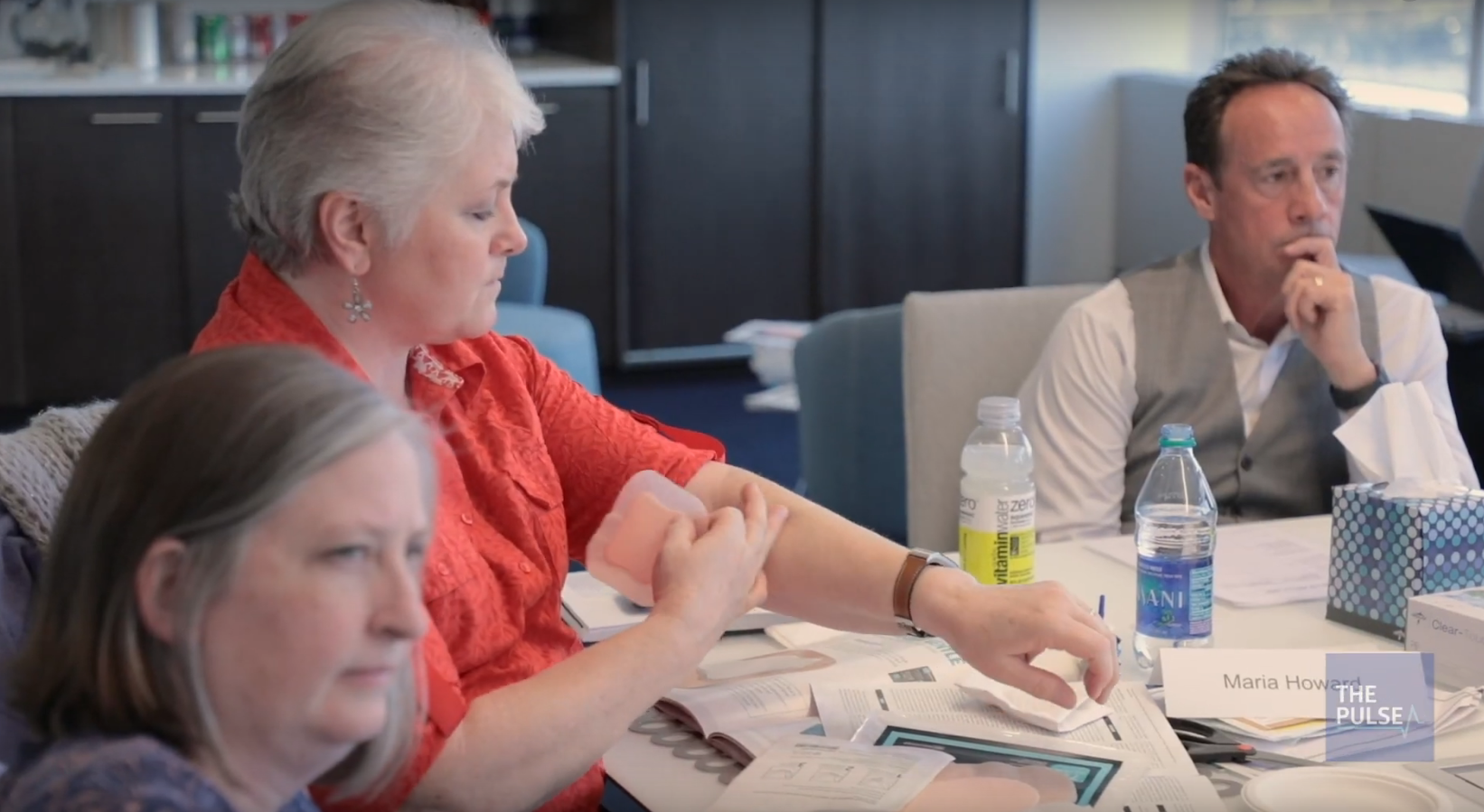
By Medline Newsroom Staff | July 19, 2019
Imagine walking into a meeting knowing your insight would shape product decisions for an entire health system. Dozens of clinicians from throughout Bon Secours Mercy Health recently did just that, joining their supply chain colleagues in the first ever Medline-hosted Clinical Standardization Summit at the company’s Chicago-area headquarters. The Medline Newsroom spoke to key contributors about how they standardized products, processes and education, generating $2 million in savings in a few short days.
What’s the advantage of bringing both supply chain and clinical teams to the table when reviewing purchasing strategy?
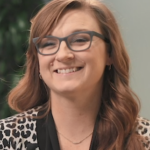 LISA MAYNARD, Director, Supply Chain Clinical Integration: By bringing clinicians together and making those decisions collaboratively on a higher level, the bedside clinicians don’t have to worry about supplies. They have the best products; they don’t have to worry about the pricing. They don’t have to worry about anything other than giving really great care.
LISA MAYNARD, Director, Supply Chain Clinical Integration: By bringing clinicians together and making those decisions collaboratively on a higher level, the bedside clinicians don’t have to worry about supplies. They have the best products; they don’t have to worry about the pricing. They don’t have to worry about anything other than giving really great care.
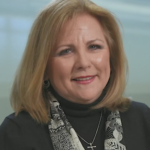 CONNIE TAYLOR, Director, Supply Chain: Clinicians need to be involved in our patient product decisions because they’re the subject matter experts. They’re going to make the best decisions for their patients. They’re going to advocate for the patients, making sure we make the best decisions for their care.
CONNIE TAYLOR, Director, Supply Chain: Clinicians need to be involved in our patient product decisions because they’re the subject matter experts. They’re going to make the best decisions for their patients. They’re going to advocate for the patients, making sure we make the best decisions for their care.
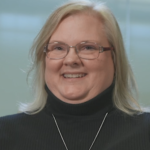 MICHELE PELFREY, Wound Care Nurse: I think it’s important for all of us to be involved because it builds teamwork. We can share best practices and what works best for each one of us. With the networking and collaboration and camaraderie, we can become more of an integrated ministry.
MICHELE PELFREY, Wound Care Nurse: I think it’s important for all of us to be involved because it builds teamwork. We can share best practices and what works best for each one of us. With the networking and collaboration and camaraderie, we can become more of an integrated ministry.
How can proactive planning and standardization impact clinicians and patients?
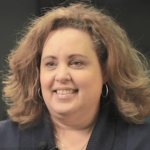 ANNE MACY, System Director, Infection Prevention: Standardization is vital for direct patient care givers because we want to do the same thing every time we do a particular task or procedure. That provides reliability for the patient and improves our patient outcomes overall.
ANNE MACY, System Director, Infection Prevention: Standardization is vital for direct patient care givers because we want to do the same thing every time we do a particular task or procedure. That provides reliability for the patient and improves our patient outcomes overall.
 MICHELE PELFREY: Adjusting to new products can take a little bit of extra time, but ultimately we’re taking care of the patient. And we have to be financially responsible as well. Because if we’re not financially responsible, we’re not going to be here in the future to take care of our patients.
MICHELE PELFREY: Adjusting to new products can take a little bit of extra time, but ultimately we’re taking care of the patient. And we have to be financially responsible as well. Because if we’re not financially responsible, we’re not going to be here in the future to take care of our patients.
 CONNIE TAYLOR: We want to make sure we’re providing the best care possible. Patients are at the center of what we do. Now that the teams have returned to their individual hospitals, the Bon Secours Mercy Health team will continue working to take their new relationship beyond supply chain work to implement the clinical solutions they have greenlighted.
CONNIE TAYLOR: We want to make sure we’re providing the best care possible. Patients are at the center of what we do. Now that the teams have returned to their individual hospitals, the Bon Secours Mercy Health team will continue working to take their new relationship beyond supply chain work to implement the clinical solutions they have greenlighted.
Learn more about how Medline works with customers to customize financial and clinical solutions at https://www.medline.com/pages/who-we-serve/idn/.
Medline Newsroom Staff
Medline Newsroom Staff
Medline's newsroom staff researches and reports on the latest news and trends in healthcare.
